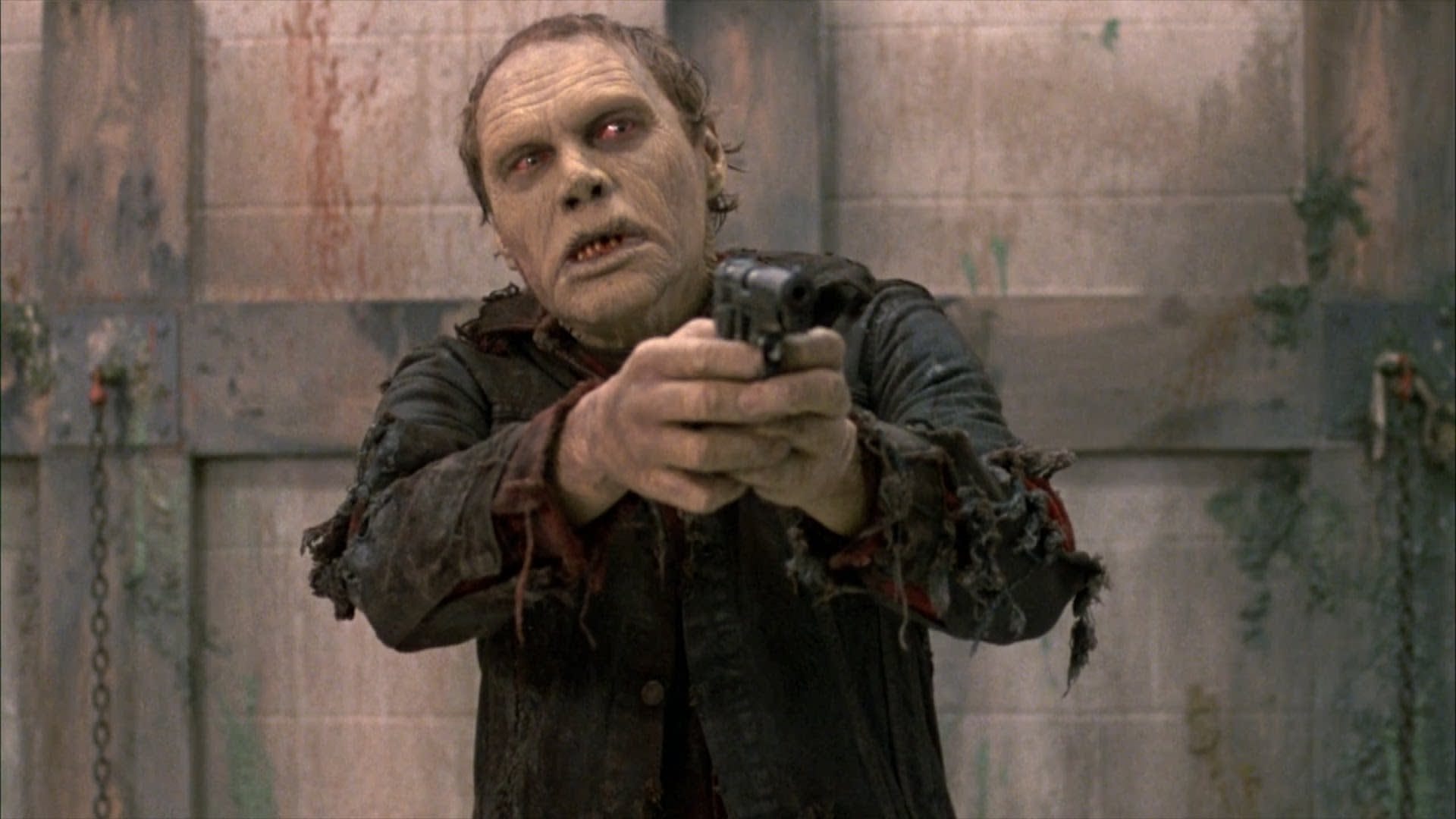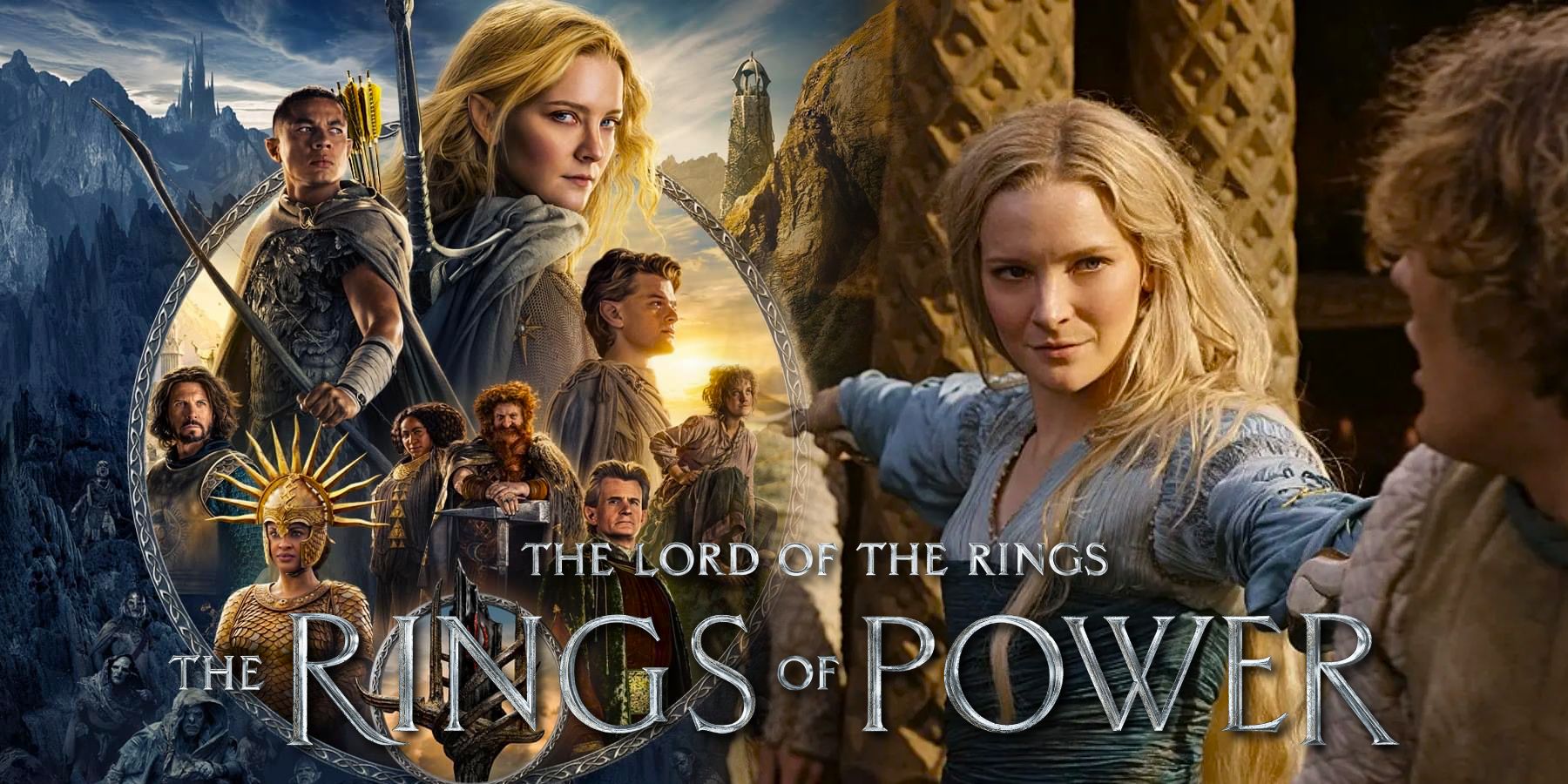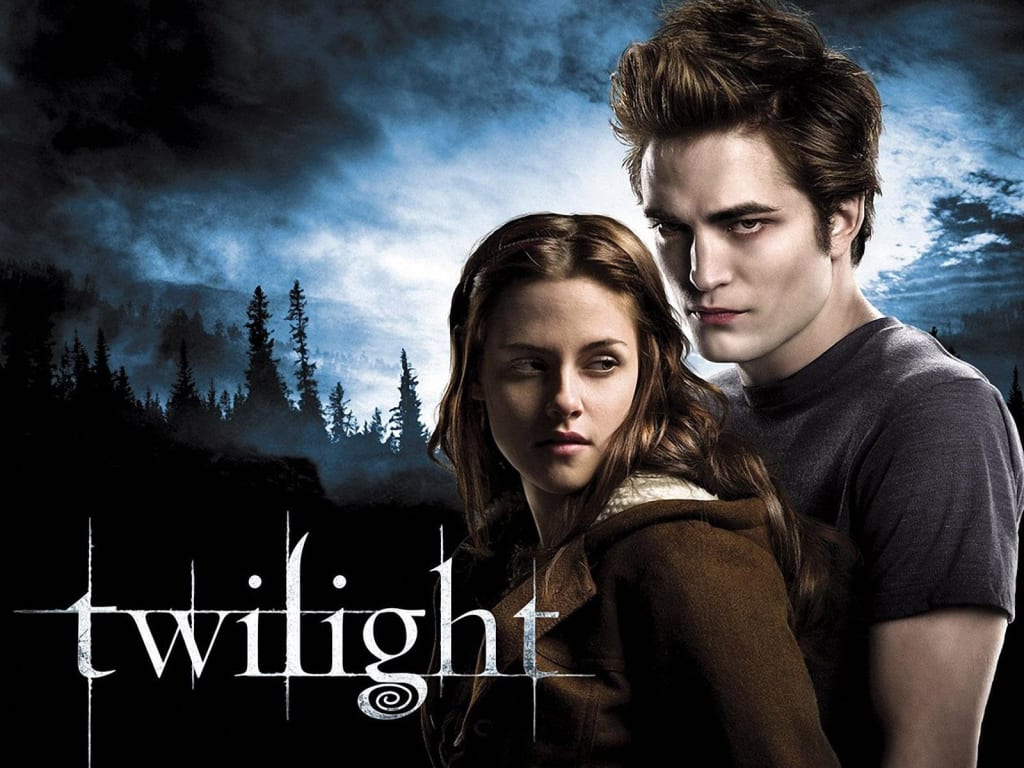Day of the Dead is a chilling horror film that explores survival, human nature, and the terrifying consequences of a world overrun by the undead. Directed by George A. Romero as part of his iconic Living Dead series, the movie stands out as a seminal work in the zombie genre, blending intense gore, psychological tension, and social commentary. It examines not only the physical threat posed by zombies but also the moral and ethical dilemmas that arise when humans are pushed to their limits.
The story takes place in an underground military bunker, where a small group of scientists and soldiers struggle to survive following a global zombie apocalypse. Cut off from the outside world, the group faces constant attacks from the undead while also navigating internal conflicts, power struggles, and clashing personalities. Central to the narrative is the tension between the scientific desire to understand and potentially control the zombies and the soldiers’ pragmatic focus on defense and survival. This conflict drives much of the drama, highlighting the fragility of social order in extreme conditions.
Day of the Dead excels in creating a claustrophobic and tense atmosphere. The confined bunker setting, dim lighting, and shadow-filled corridors intensify the sense of danger and isolation. Romero’s direction emphasizes suspense and psychological strain as much as physical threats, with zombie attacks often serving as catalysts for character development and conflict. The film’s practical effects, including grotesque makeup and visceral gore, remain striking and contribute to the sense of horror, making each encounter with the undead both frightening and unforgettable.
![Romero's 'Day of the Dead' Returns to the Big Screen for Its 40th Anniversary! [Exclusive] - Bloody Disgusting](https://bloody-disgusting.com/wp-content/uploads/2020/02/z10_day_of_the_dead-1-e1582902852823.jpg)
The performances are another key strength. Actors like Lori Cardille and Joseph Pilato deliver compelling portrayals of individuals coping with fear, leadership challenges, and moral ambiguity. Their interactions reveal the complexities of human behavior under extreme stress, from self-preservation and aggression to compassion and ethical decision-making. The characters’ evolving relationships and conflicts make the story as much about human psychology as it is about surviving zombie attacks.
Beyond its horror elements, Day of the Dead offers a deeper commentary on human society. The film explores themes of authority, scientific responsibility, and the consequences of unchecked aggression. It examines how fear and mistrust can erode cooperation and lead to destructive choices, ultimately posing questions about what it means to remain human in inhumane circumstances.

In conclusion, Day of the Dead is a landmark horror film that combines intense suspense, memorable performances, and thought-provoking social commentary. Through its blend of gore, psychological tension, and exploration of human morality, the movie delivers a terrifying yet intellectually engaging experience. It remains a defining entry in the zombie genre, offering both thrills and insight into the darker aspects of human nature when civilization collapses.



